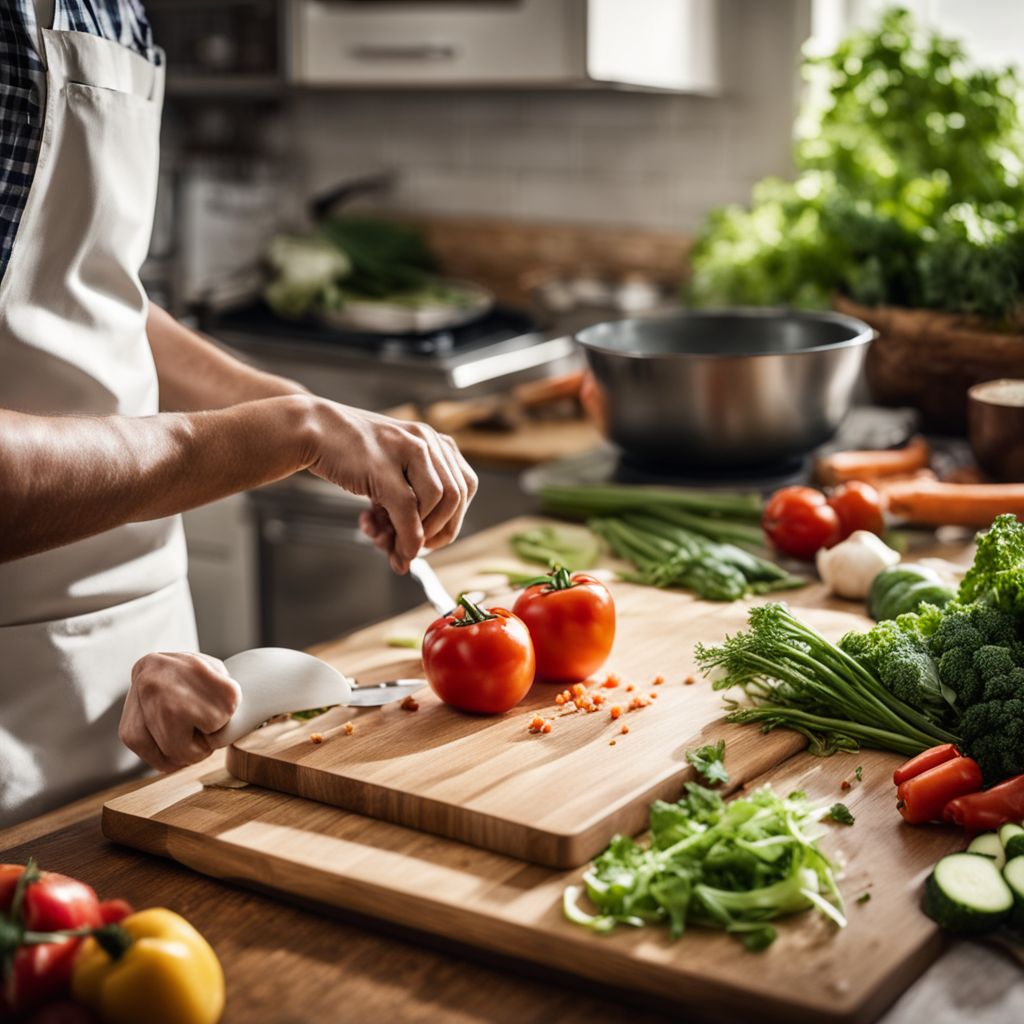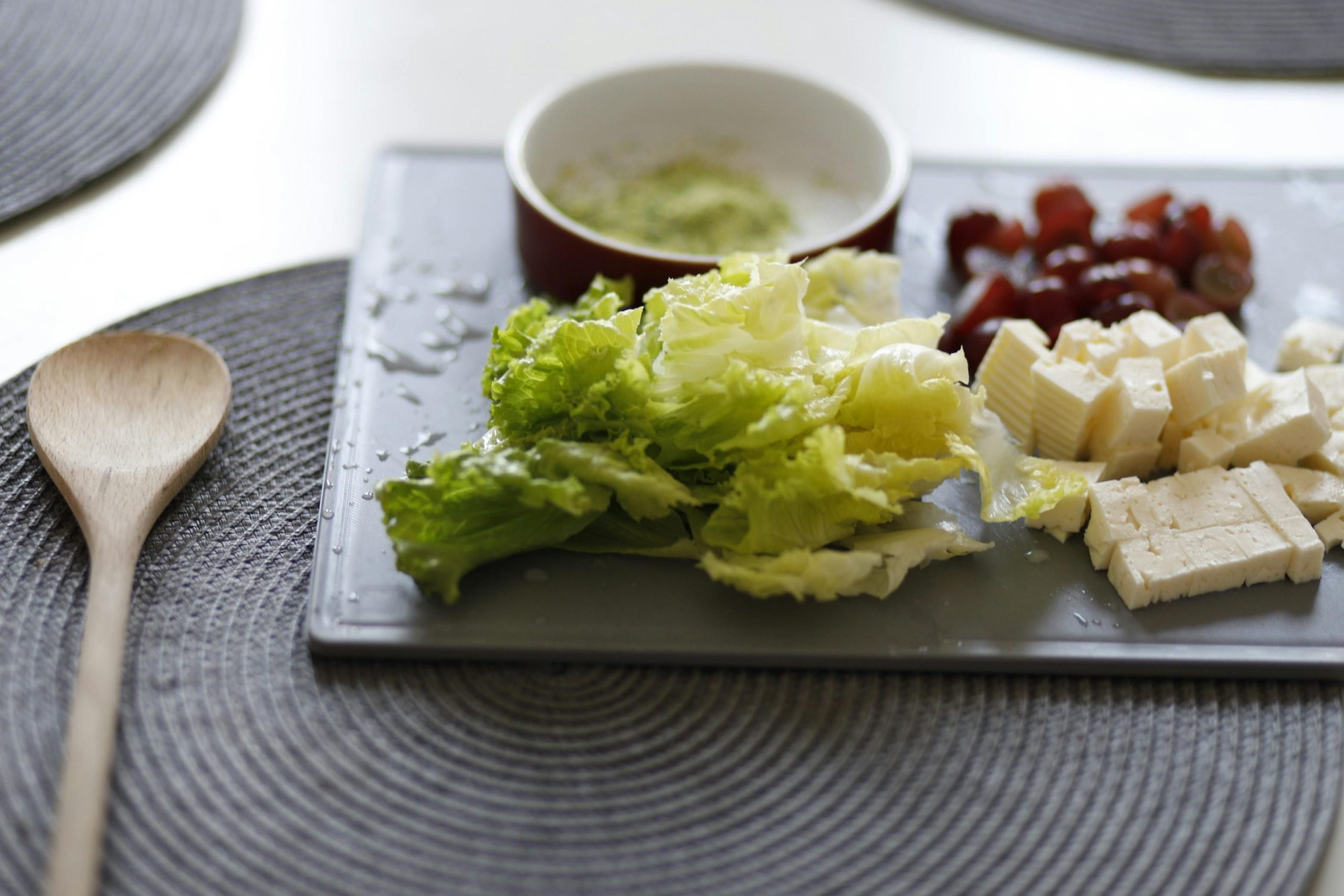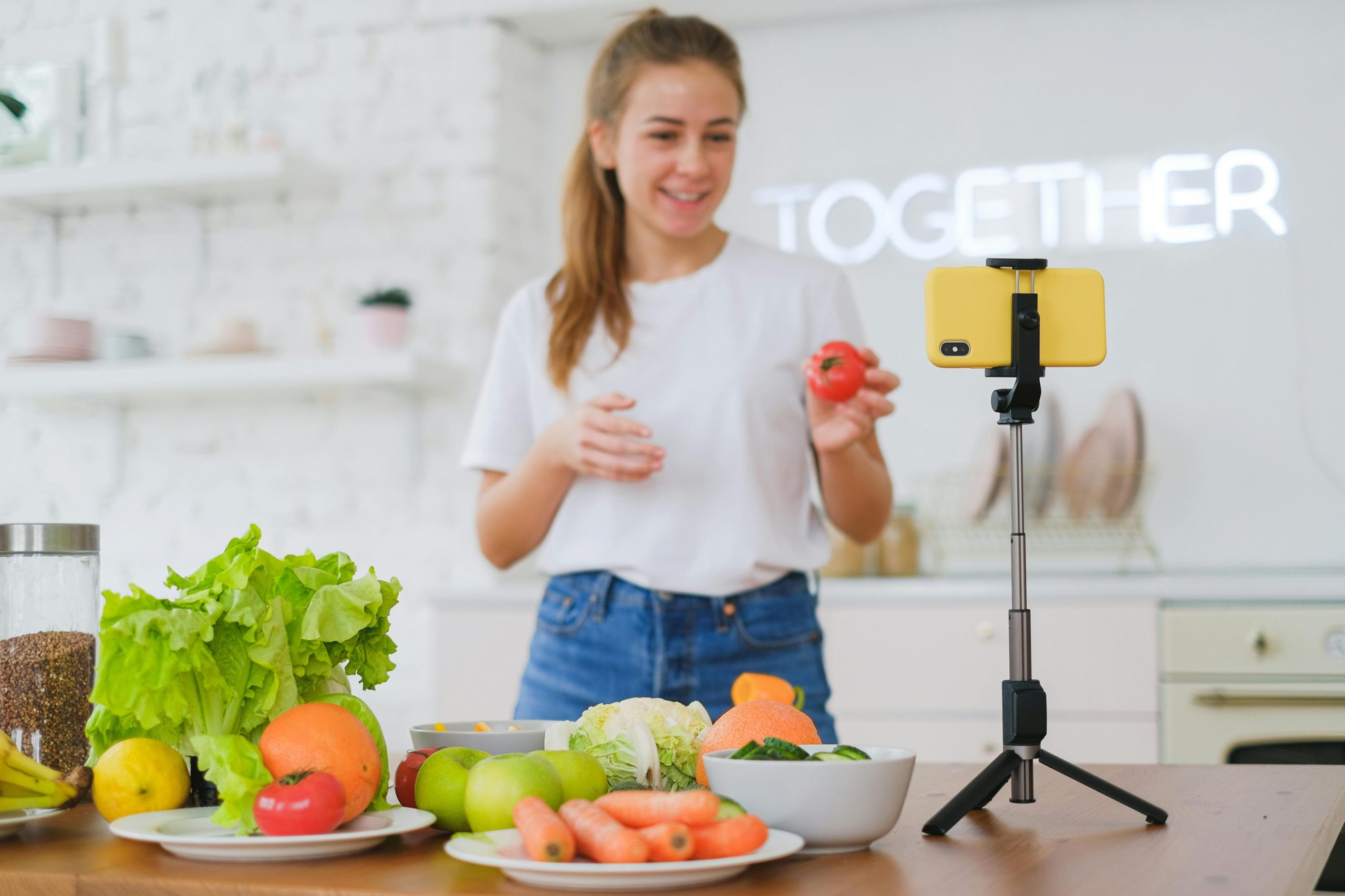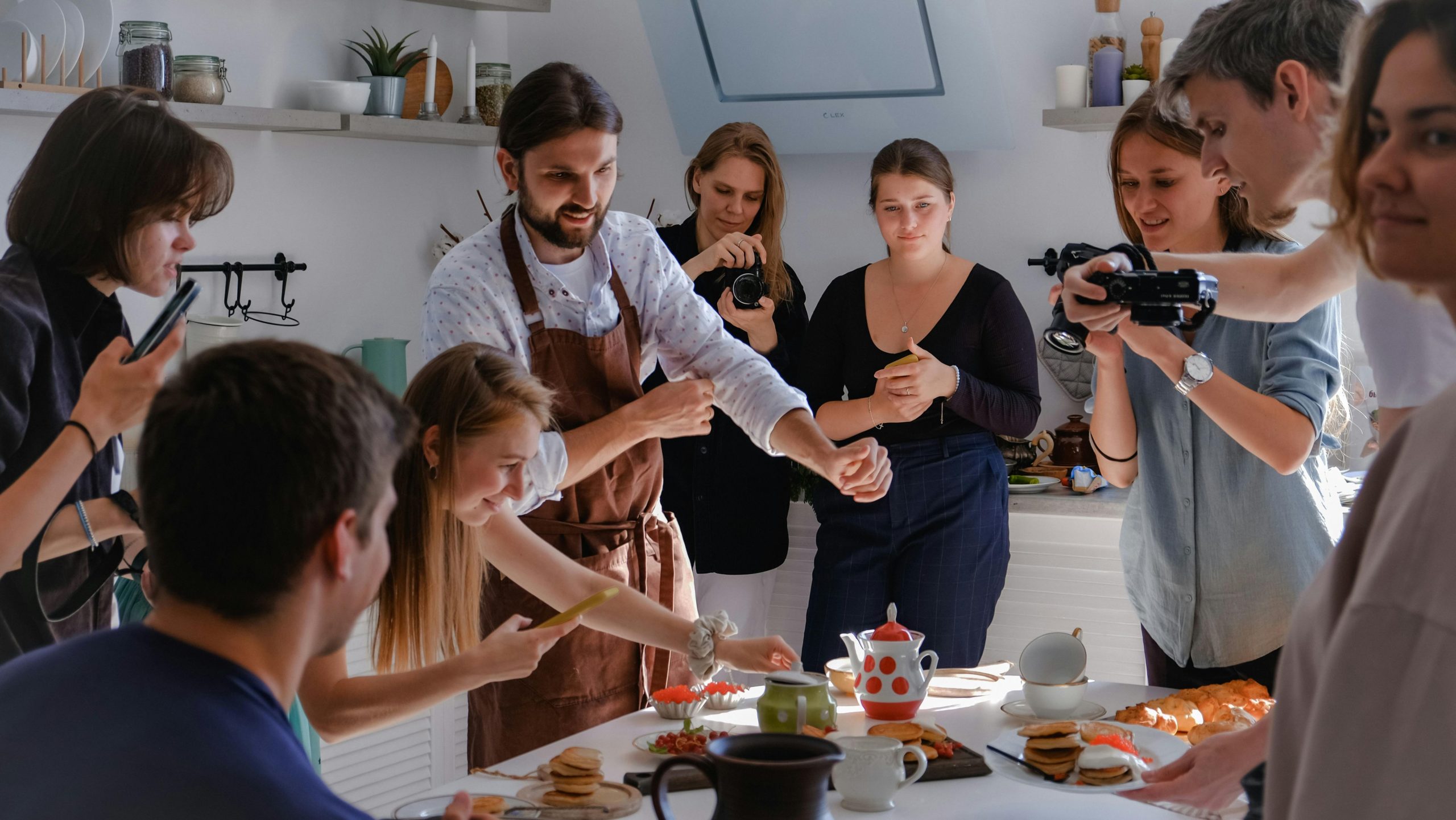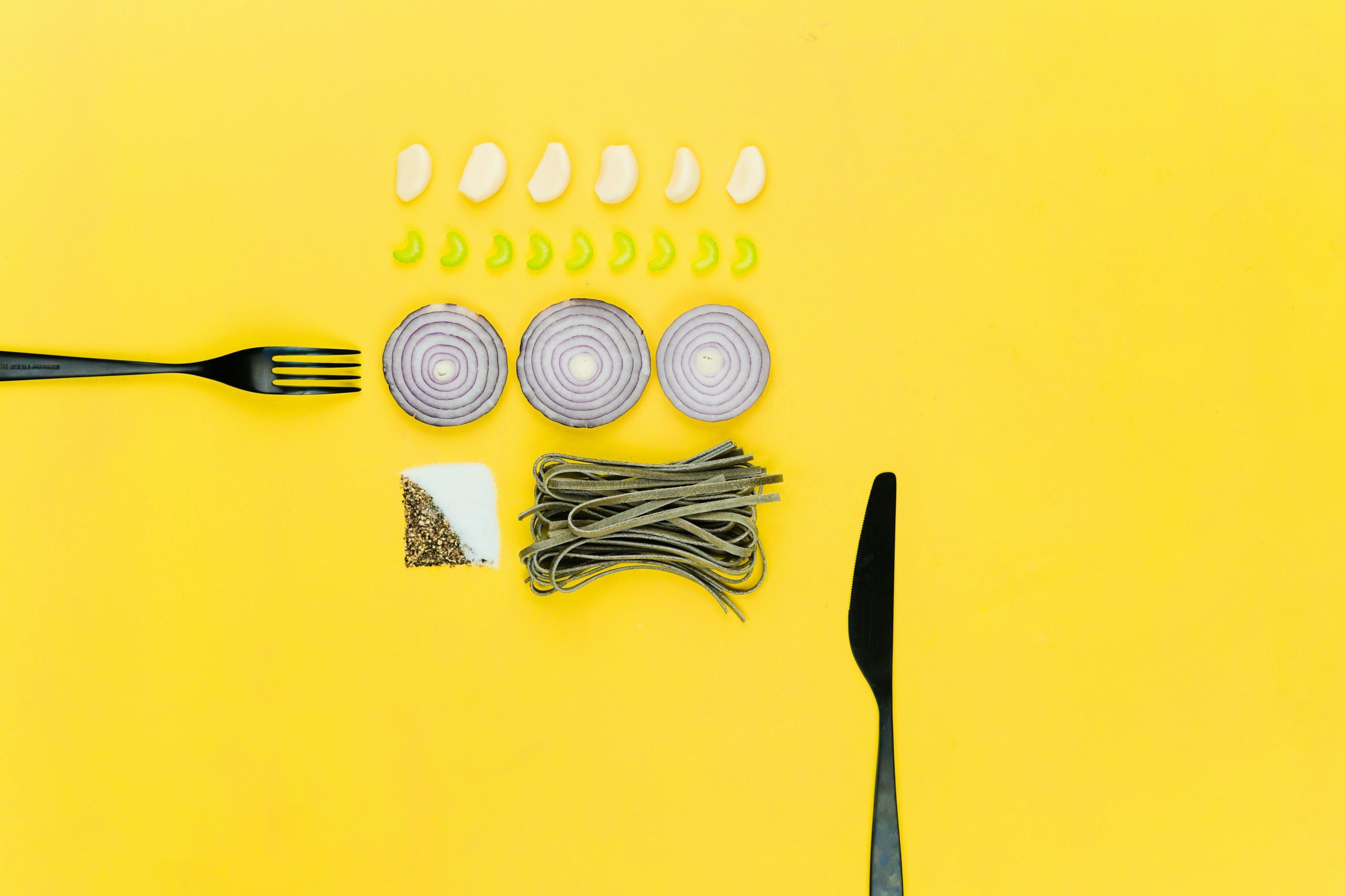Ever thought about turning your kitchen from a mystery zone into a haven of delicious meals?
For many, the journey begins with a daunting array of utensils and ingredients that seem to speak a language of their own.
Basic cooking classes for beginners are designed to demystify the kitchen, offering simple, engaging lessons that build confidence and skills from the ground up.
This article will walk you through what to expect from beginner cooking classes, from mastering food safety and easy recipes to exploring diverse cooking methods and beyond, laying out a roadmap to transform you from a novice to a confident cook.
What to Expect: Curriculum of Basic Cooking Classes for Beginners

When embarking on the journey of basic cooking classes for beginners, one can anticipate a curriculum designed to lay a solid foundation in culinary arts. From the outset, these classes aim to demystify the kitchen, turning what may initially seem like a daunting array of tools and ingredients into a playground for creativity and innovation. Essential culinary skills and knowledge are covered comprehensively, ensuring that students not only learn how to follow recipes but also understand the principles behind what makes dishes successful.
The curriculum is structured to provide a holistic learning experience, incorporating both theoretical knowledge and practical skills. Students will start with the basics of food safety and hygiene, an area of paramount importance in any culinary endeavor. This foundation paves the way for more complex lessons, such as mastering easy recipes and exploring diverse cooking methods. These classes are not just about learning to cook; they’re about cultivating a deep appreciation for the culinary arts, encouraging creativity, and building the confidence to experiment in the kitchen.
Food Safety: A Fundamental Lesson in Cooking

Food safety and hygiene form the bedrock of any culinary practice, and basic cooking classes for beginners place a strong emphasis on these principles right from the start. Students learn about the importance of maintaining a clean workspace, proper handwashing techniques, and how to handle ingredients safely to prevent foodborne illnesses. Understanding and applying these food safety practices is crucial, not just for personal safety but also for ensuring the well-being of others who enjoy the dishes prepared.
Mastering Easy Recipes in Beginner Cooking Classes

One of the most exciting aspects of beginning cooking classes is the opportunity to master easy recipes. These classes introduce students to a variety of dishes that are not only simple to prepare but also delicious and satisfying. From the perfect roast chicken to a creamy pasta dish, students learn the joy of cooking through hands-on experience. By focusing on easy-to-follow recipes, the classes aim to build confidence in the kitchen, encouraging students to explore their culinary interests further.
Diverse Cooking Methods: Expanding Your Culinary Skills

Diverse cooking methods are a key focus in basic cooking classes, offering students a comprehensive introduction to the wide range of techniques available in the culinary world. From baking and roasting to sautéing and steaming, students gain hands-on experience with different cooking styles. This variety not only enriches their culinary repertoire but also equips them with the flexibility to adapt to various ingredients and cuisines.
Beyond just learning techniques, students are encouraged to understand the science and art behind each method. Why does searing enhance flavour? How does steaming preserve nutrients? These classes provide answers, deepening students’ appreciation for the culinary arts. With a firm grasp of diverse cooking methods, students are well-prepared to tackle more complex recipes and develop their unique style, making every dish a reflection of their culinary journey.
Inside the Kitchen: What Each Session Offers

Each session within the cooking course is meticulously designed to provide a comprehensive learning experience, catering to the needs and curiosities of beginners. The journey starts with an introduction to the kitchen environment, where students become familiar with essential tools and appliances. This initial step is crucial as it lays the groundwork for all future culinary endeavors. Following this, the sessions progress to cover various cooking techniques, from the basics of chopping and dicing to the more complex skills required for baking and roasting. The structure of these sessions ensures that students gradually build their confidence and skills in a supportive and engaging environment.
Beyond the practical skills, each session also delves into the theoretical aspects of cooking, such as understanding flavour profiles and the importance of seasonal ingredients. This holistic approach ensures that students not only learn how to cook but also why certain techniques work better than others. For instance, students will explore:
- The science behind why certain flavours pair well together
- How to select the best ingredients based on the season
- The impact of cooking methods on nutritional value
This knowledge empowers students to make informed decisions in their cooking, transforming them from beginners to confident cooks who can experiment and innovate in the kitchen.
Certification: Culminating Your Cooking Course Journey
Earning a certificate upon completing your cooking course is not just a formality; it’s a significant milestone in your culinary journey. This certification serves as tangible proof of your newfound skills and dedication to mastering the art of cooking. For beginners, this achievement is particularly rewarding, providing a strong foundation for further culinary exploration. The process involves a comprehensive evaluation of the skills you’ve acquired, from basic food safety and hygiene practices to the diverse cooking methods you’ve learned to master. This certification, recognized by culinary professionals, can open doors to new opportunities, whether you aim to impress your family and friends with your cooking or pursue a career in the culinary field.
The benefits of earning a certificate in culinary arts are manifold. Firstly, it boosts your confidence in the kitchen, allowing you to tackle more complex recipes and techniques with ease. Additionally, it signals to potential employers or clients that you are serious about your culinary pursuits, distinguishing you from other home cooks. For those considering a professional path, this certification can be the stepping stone to becoming a professional chef, offering:
- Validation of your skills by industry standards
- Enhanced employment prospects in various culinary settings
- Opportunities for further education and specialization in the culinary arts
Thus, certification is not just an end to your cooking course journey but a beginning of a world filled with endless culinary possibilities.
Beyond the Basics: Benefits of Culinary Skills
Learning culinary skills goes far beyond being able to prepare a simple meal; it opens up a world of personal and professional opportunities. For starters, acquiring basic cooking skills can greatly enhance your quality of life by allowing you to prepare healthier meals, save money on dining out, and enjoy the process of cooking as a form of relaxation and creativity. The satisfaction of serving a home-cooked meal that delights the senses can’t be overstated. It’s about taking control of what you eat and transforming everyday ingredients into something extraordinary.
On the professional front, the benefits of honing your culinary skills are equally compelling. With a solid foundation in cooking, you can explore diverse career paths in the culinary world. Opportunities range from becoming a professional chef in a high-end restaurant to starting your own food-related business. The culinary industry values skilled individuals who can bring creativity, efficiency, and a deep understanding of food to the table. Moreover, culinary skills can lead to:
- Global exposure by understanding and preparing international cuisines
- Entrepreneurship opportunities in opening restaurants, cafes, or catering services
- Advancement to higher positions like executive chef or pastry chef, where you can lead a kitchen and influence the dining experience directly.
From Novices to Gourmets: Student Experiences
Hearing directly from former students offers invaluable insights into the transformative journey that basic cooking classes can initiate. Many recount starting with a simple curiosity or a specific dish they wanted to master, such as a roasted red pepper salad, only to discover a newfound passion for a wide array of recipes. Their experiences highlight not just the acquisition of culinary skills but also the joy and relaxation found in the learning process. The supportive and fun environment, where instructors are always close at hand to assist, plays a crucial role in making these classes a rewarding experience.
Beyond the initial foray into cooking, testimonials reveal a significant boost in confidence among students, many of whom have gone from fearing the kitchen to embracing bread making and experimenting with different grains and flours. They appreciate the hands-on approach that allows them to:
- Master new-to-them techniques like “working” the dough instead of “kneading” it
- Explore the versatility of basic recipes by creating a variety of bread such as pain d’epi, fogasse, and cinnamon buns
This newfound confidence and skill set not only enriches their personal lives but also brings joy to family and friends eager for more homemade delights.
Elevate Your Culinary Adventure with Indulge
After mastering the basics in the kitchen, the next step in your culinary adventure awaits with Indulge. This unique platform takes your newfound skills and passion for food to the next level, offering curated culinary tours and exclusive dining experiences in Zurich. Imagine exploring Zurich West or Old Town through a gastronomic lens, guided by professional chefs, sommeliers, and bartenders. These experiences not only deepen your appreciation for Swiss culinary specialties but also introduce you to the international food scene, enriching your culinary repertoire.
Indulge’s offerings are designed to complement the skills you’ve acquired in basic cooking classes, allowing you to:
- Experience the rich culinary history of Switzerland firsthand
- Enjoy exclusive Wine & Dine experiences in Zurich’s industrial heart
- Discover famous Swiss specialties through signature walking tours
This is an invitation to elevate your culinary journey from the comfort of your kitchen to the vibrant streets of Zurich. Whether you’re a local or a tourist, these tours promise an unforgettable adventure, blending education with pleasure. Don’t miss out on the opportunity to transform your culinary curiosity into a full-blown passion with Indulge.
Frequently Asked Questions
How can a beginner start cooking?
For beginners eager to start cooking, enrolling in basic cooking classes is an excellent way to begin. These classes are designed to demystify the kitchen and provide simple, engaging lessons that build confidence and skills from the ground up. Starting with the basics of food safety and hygiene, beginners can gradually master easy recipes and explore diverse cooking methods, laying a solid foundation in culinary arts.
Where can I learn cooking basics?
Basic cooking classes for beginners are a fantastic place to learn cooking basics. These classes aim to turn the kitchen from a daunting array of tools and ingredients into a playground for creativity and innovation, covering essential culinary skills and knowledge comprehensively. They provide a holistic learning experience, incorporating both theoretical knowledge and practical skills.
What is considered basic cooking skills?
Basic cooking skills include a range of foundational culinary practices and knowledge areas. These encompass understanding and applying food safety and hygiene practices, mastering easy recipes, and exploring diverse cooking methods such as baking, roasting, sautéing, and steaming. These skills form the bedrock of culinary practice and are essential for anyone looking to become proficient in the kitchen.

